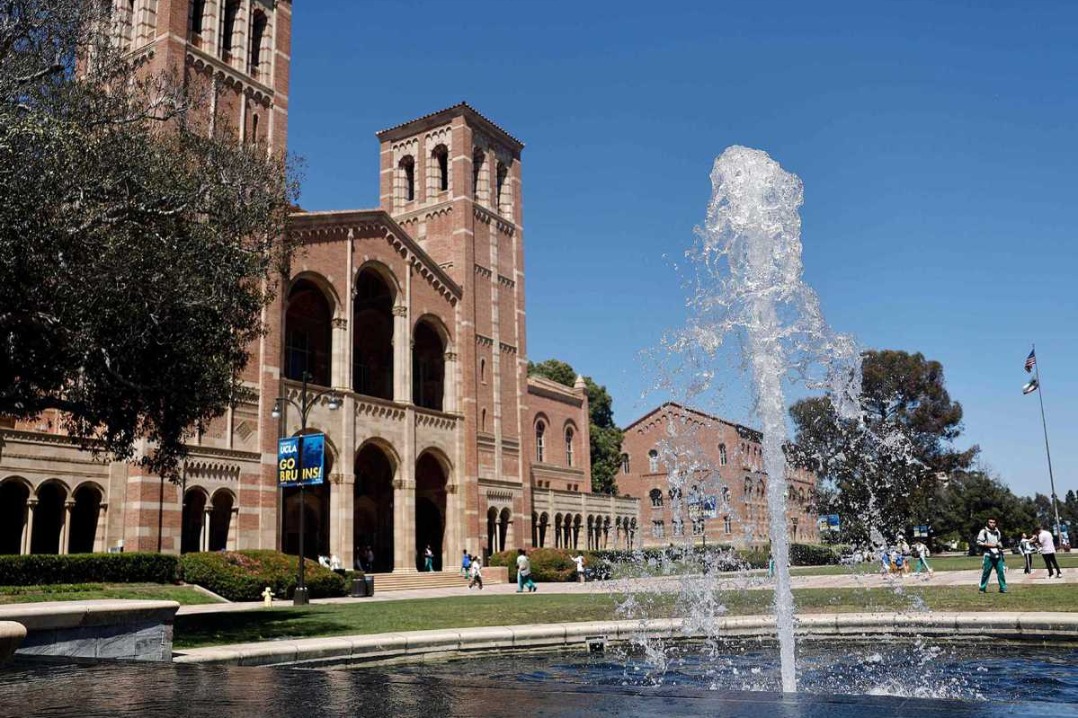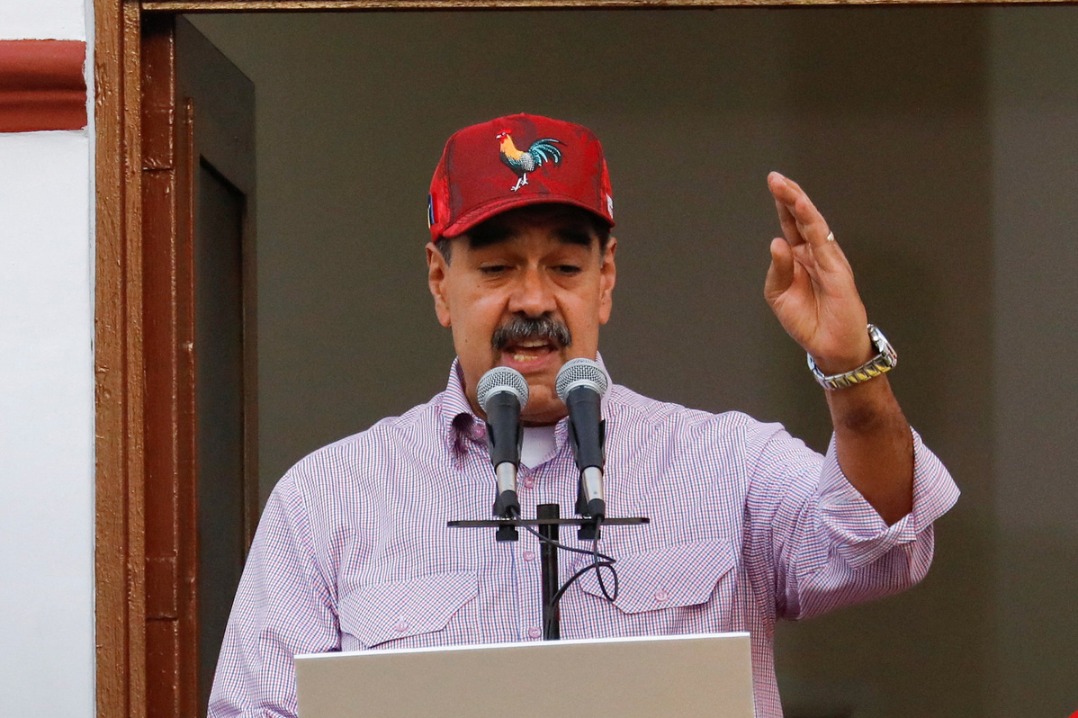Summit seen as opportunity for warming Sino-Indian ties

China and India should seize the opportunity provided by the current thaw in relations to deepen cooperation through multilateral platforms, such as the Shanghai Cooperation Organization, and work to keep bilateral ties on an upward track, injecting fresh momentum into the solidarity among Global South nations and addressing shared challenges, experts said.
According to media reports, Indian Prime Minister Narendra Modi is expected to visit China upon invitation to attend the SCO Summit scheduled for Aug 31 and Sept 1 in Tianjin. It will mark his first visit to China in seven years.
On Friday, Chinese Foreign Ministry spokesman Guo Jiakun said that China welcomes Modi's attendance at the summit.
"We believe that with the concerted effort of all parties, the Tianjin summit will be a gathering of solidarity, friendship and fruitful results, and the SCO will enter a new stage of high-quality development featuring greater solidarity, coordination, dynamism and productiveness," Guo said.
Qian Feng, director of the research department at Tsinghua University's National Strategy Institute, noted that Modi's visit carries significant weight, as it will mark a landmark moment in the warming of China-India relations.
"It indicates that the ties between the two neighbors are gradually emerging from the tense period of recent years, paving the way for a return to a healthy and steady development trajectory," he said.
Qian noted that the positive momentum is driven by several key factors including strategic guidance from the two countries' leaders, stabilization and de-escalation of the border situation, economic complementarity and growing cooperation needs, strategic recalibration amid a shifting international landscape, and the shared imperative to maintain stable relations with neighboring countries.
Both China and India should seize this opportunity, taking the 75th anniversary of the establishment of diplomatic ties as a new starting point to translate short-term goodwill into long-term stability through strategic alignment, economic integration and cultural exchanges, he said.
Deepening engagement
The SCO, a multilateral platform that features joint participation of China and India, serves as an important channel for the two countries to resume cooperation, Qian said, adding that the upcoming summit also marks a new stage of high-quality development for the organization.
"Despite the differences, the two countries have maintained engagement through the SCO framework, reflecting a pragmatic approach. Overall, the organization offers a venue for the two sides to coordinate positions and explore common ground," he said.
Mohammed Salim, a member of the Political Bureau of the Communist Party of India (Marxist) and former member of Parliament, said that India and China, as two leading powers of the Global South, should align their positions through bilateral and multilateral mechanisms to push for reforms in global institutions.
The SCO provides a flexible multilateral platform for India and China to tackle shared regional challenges, from security to development, while respecting each other's core interests, he said.
"Deepening engagement across diplomatic, economic and cultural spheres is essential for fostering trust and driving substantive cooperation within the SCO framework," Salim added.
Common challenges
Both experts emphasized that China and India should work together to address common challenges, as the two countries face mounting obstacles in an increasingly turbulent world.
China and India share common ground on issues such as addressing climate change, advancing digital governance and protecting Global South interests, Qian said. As the two largest developing nations in terms of GDP, closer cooperation between them can amplify the Global South's voice on the world stage, he said.
Qian emphasized that the two countries should jointly champion the principle of "common but differentiated responsibilities" in addressing climate change, while expanding development assistance to Africa and Latin America through platforms such as the South-South Cooperation Fund, which will contribute to building a more multipolar world order.
Salim said that India and China should pursue conflict management and resolution not only bilaterally, but also by mediating for and supporting other nations. They can pioneer new governance norms with universal reach, establish institutions to address Global South challenges, and advance the vision of building a community with a shared future for humanity, he said.
On Wednesday, United States President Donald Trump imposed an additional 25 percent tariff on Indian goods, bringing the total duty on Indian exports to 50 percent, one of the highest tariff rates faced by any US trading partner.
Qian said the US is seeking to establish a global "trade tribute system" through tariff measures. Under the "America First" banner, it is instrumentalizing trade rules, justifying protectionism on the pretext of safeguarding national security, and eroding the multilateral trade order, he said.
Salim said that amid rising unilateralism, India and China should work together within the SCO framework and within the frameworks of other multilateral platforms to defend the global trading order based on World Trade Organization rules.
Qian said the two countries have long shared similar positions on safeguarding the multilateral trading order and supporting multipolarity, "a stance that will remain unchanged at the upcoming SCO summit".
liujianqiao@chinadaily.com.cn
































